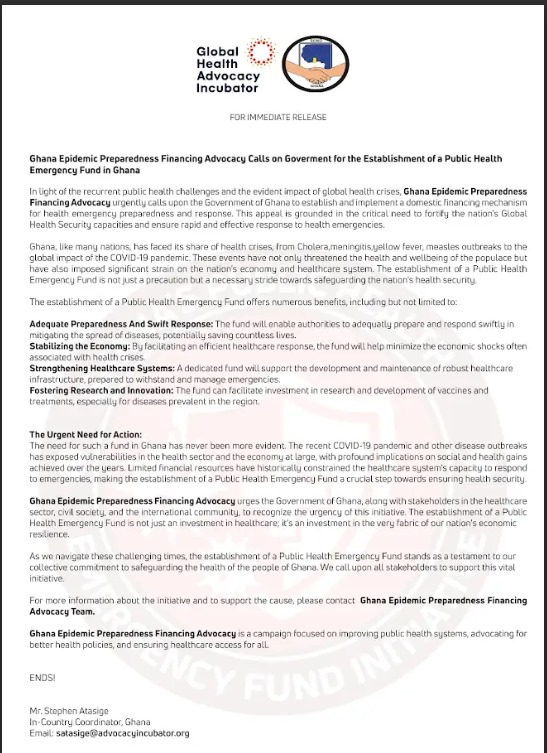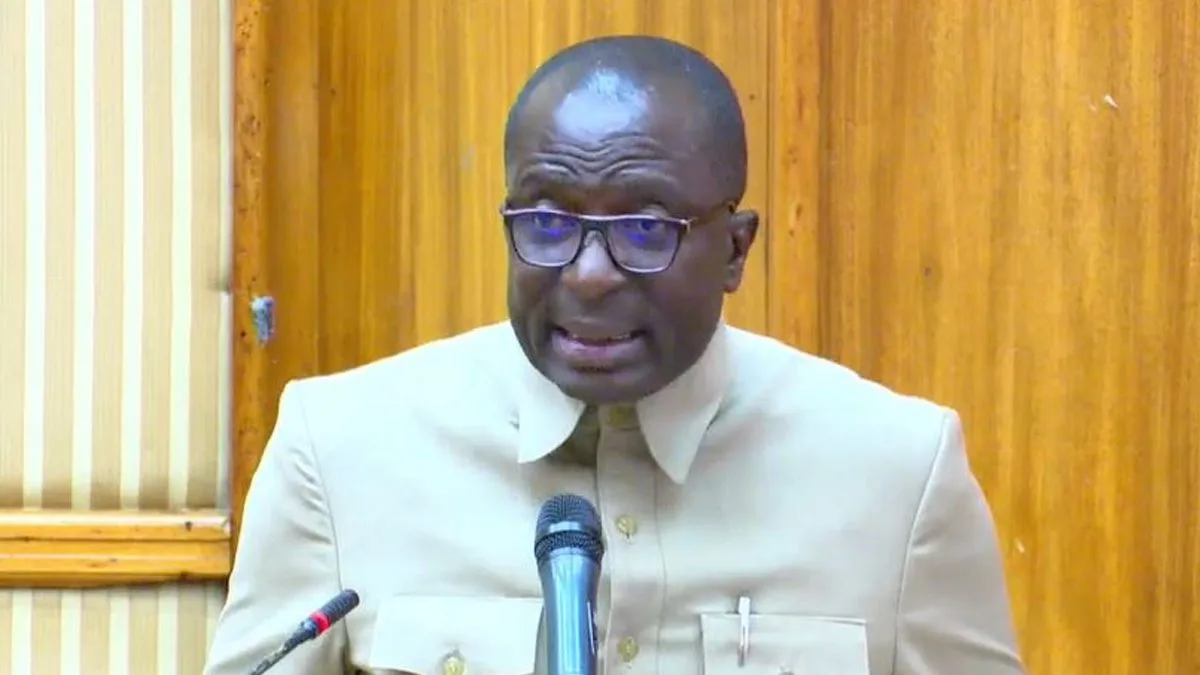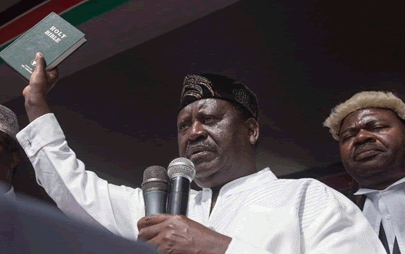
THE Acting Director of Health Promotion of the Ghana Health Service (GHS), Mrs Mabel Kissiwah Asafo, has reiterated the call for the establishment of a special fund to cater for health emergencies in the country.
She explained that the lack of adequate funding made it difficult for the Service to respond effectively to health emergencies.
Mrs Asafo stated this in an exclusive interview with The Ghanaian Times, following the dissemination of the National Risk Communication and Community Engagement (RCCE) framework in Accra on Monday.
“We don’t have any ready existing fund that we can lay our hands on when there is an emergency. So, usually, the emergency will hit us before we get partners coming on board to support. But I think as a country, it is time we created some sort of emergency funding so that we will not find ourselves wanted during emergency situations,” she elaborated.
The RCCE framework aims to provide the GHS with a guideline and direction on how to engage communities during emergencies and ensure that such communities had a trusted source of information.
According to Mrs Asafo, despite inadequate funding and limited resources, the GHS was doing its best to respond to health emergency situations that were recorded in the country.
She said that the GHS had in place various coordinating structures and committees, such as the Public Health Emergency Management Committee that could be activated before, during, and after health emergency situations.
Additionally, Mrs Asafo noted that the GHS work together with other stakeholders such as the National Commission for Civic Education (NCCE), the Veterinary and Services Directorate during emergency situations through its one health approach method.
She underscored the need for stakeholders to pay critical attention to the RCCE as it was a central pillar to the country’s health emergency response system.
The Country Lead of the Tackling Deadly Diseases in Africa Programme (TDDAP 2), Dr Esther Odame Asiedu, indicated that the RCCE remained one of its focus areas, hence the decision to partner with the GHS to develop the framework.
According to her, RCCE was one of the bedrocks for the prevention of infectious diseases and emergency control systems.
“The development of this framework is in tandem with the objectives of the GHS when it comes to global health securities and we thought that it will be good as a programme to support the service to develop such a framework,” Dr Asiedu remarked.
For his part, the Lead Consultant of the RCCE framework, Mr Kisses Johnson Ahortor, said, “the RCCE framework is our roadmap to protecting lives, strengthening trust, and building community resilience.”
There were solidarity remarks from other key development partners, including the World Health Organisation (WHO) and Palladium, an international development sector advisory, management, and implementation firm.
BY BENJAMIN ARCTON-TETTEY
???? Follow Ghanaian Times WhatsApp Channel today. https://whatsapp.com/channel/0029VbAjG7g3gvWajUAEX12Q
???? Trusted News. Real Stories. Anytime, Anywhere.
? Join our WhatsApp Channel now! https://whatsapp.com/channel/0029VbAjG7g3gvWajUAEX12Q

The post Establish Health Emergency Fund – Director appeared first on Ghanaian Times.
Read Full Story























Facebook
Twitter
Pinterest
Instagram
Google+
YouTube
LinkedIn
RSS